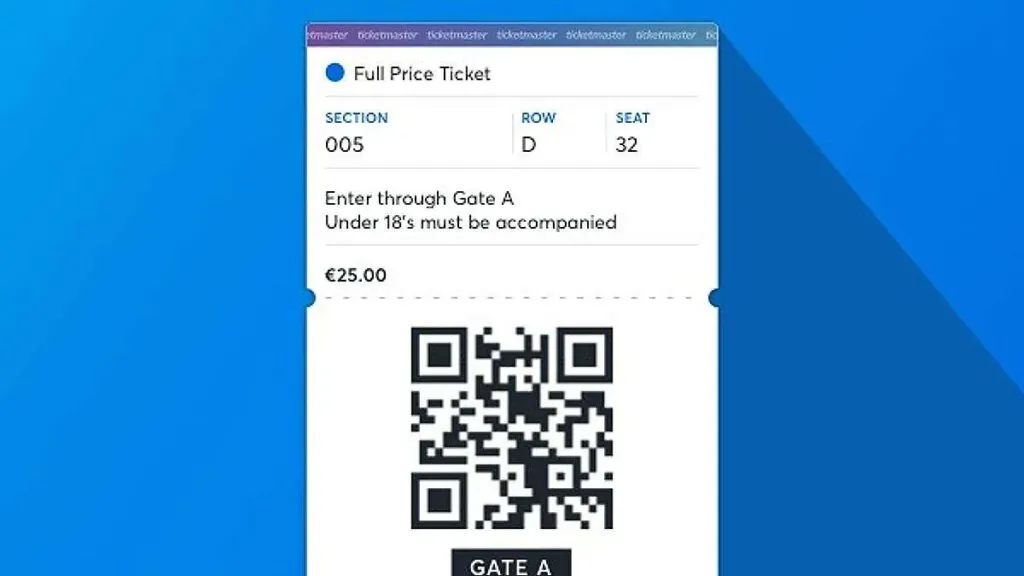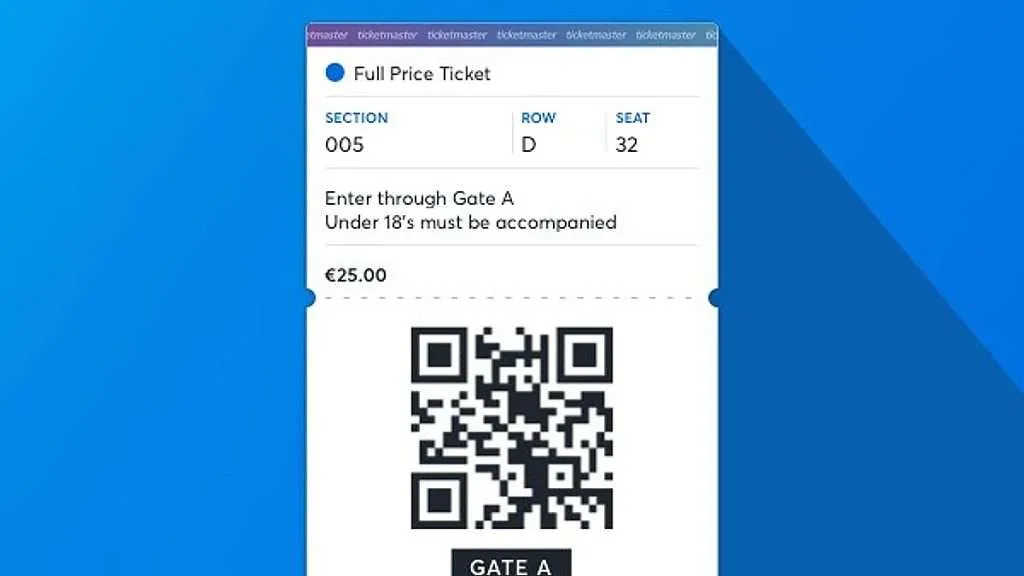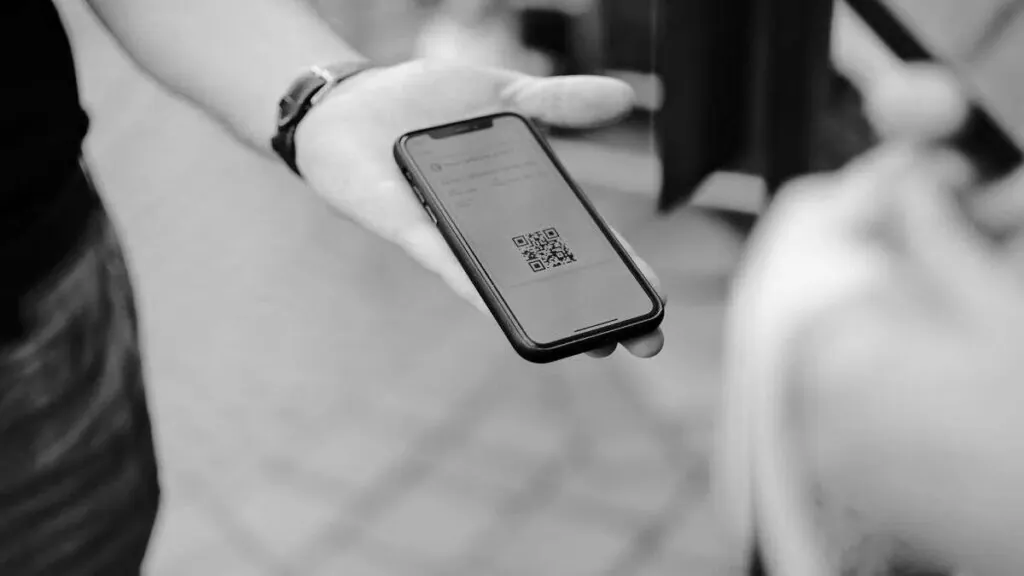The FTC Is Cracking Down on Ticket Brokers, Let’s Go Behind the Ticket Resale Curtain, Part 1: The People Powering This Grey Market

Photo Credit: Ticketmaster
Ticket brokers—often known as ticket flippers or scalpers—have long been a visible force in the ecosystem of live events. These individuals operate at the intersection of demand and scarcity, taking advantage of limited supply for high-interest concerts, festivals, and sporting events. But who are these brokers?
Their behavior and mindset often aligns closely with anyone actively engaged in reselling other in-demand consumer products such as Pokemon cards, sneakers, or video game consoles. The typical ticket broker exhibits sharp attention to market trends and technological know-how. Many brokers operate with the mindset of a stock trader rather than a fan—despite third-party platforms angling to be the place ‘fans’ go to sell tickets they can’t use. These ticket brokers are focused on opportunities for profit rather than the events themselves.
The U.S. Federal Trade Commission (FTC) is now taking increasing interest in this marketplace. Earlier this month, the agency filed a lawsuit against a group of ticket resellers, alleging they used illegal tactics to “secretly bypass Ticketmaster’s ticket limits and other purchasing restrictions” to buy more tickets than permitted. According to the FTC, Key Investment Group and its subsidiary companies relied on multiple deceptive tools and technical workarounds that allowed them to scoop up premium seats during high-demand ticket onsales, leaving ordinary buyers locked out.
“Defendants’ conduct harmed consumers by making it more difficult and more expensive for consumers to obtain tickets sold on Ticketmaster’s primary market,” the FTC action reads. This case underscores a recurring tension: enforcement typically lags behind the tools and techniques brokers already use. Digital Music News will examine those tools more in upcoming articles, while relaying how secondary marketplaces like StubHub profit and exacerbate the problem. Finally, we’ll explain exactly how these brokers sidestep even Ticketmaster’s most stringent anti-transfer restrictions.
In the shadowy corners of the live events economy, ticket brokers operate in ways most fans never see. They aren’t only the multi-million dollar syndicates that make headlines, like this recent FTC action. Many are small, homegrown operations—sometimes just a single person or a handful of people working out of their apartments or makeshift offices across the globe.
Yet, despite their minnow-size, they move with striking precision. Leveraging sophisticated bots and synchronized buying networks, these buyers often function as if they were a single, well-oiled machine. Their reach is global, but their methods are alarmingly intimate. The same laptop you use to pay taxes or order groceries is next door in your neighbor’s apartment sniping pre-sale ticket tranches for Taylor Swift’s new tour.
These shadow brokers scan the marketplace for pre-sale codes and invest in tools that automate the ticket-purchasing process, allowing them to buy high-demand items faster than the average consumer. A similar approach applies to other hot commodities, from limited-edition sneaker drops to newly released gaming consoles like the Nintendo Switch 2.
A ticket broker’s mindset is often characterized by risk tolerance and focusing on making profit. Their goal is to identify moments of hype and capitalize early, buying large quantities of sought-after tickets within moments of its release. “It’s not about the music,” one ticket broker told Digital Music News. “It’s about the numbers. One Taylor Swift ticket can pay for your vacation. If you treat it like a business, you don’t get hurt by the music you miss.”
Profile of a Ticket Broker
There’s no single ‘type’ of person who participates in ticket scalping, but today’s ticket brokers typically fall into several overlapping categories.
Entrepreneurial Hustlers — Many are self-starters or side hustlers—people with a background in sales, e-commerce, or digital marketing. They thrive on arbitrage, and flipping commodities for a quick profit. Tickets are the latest commodity that can generate a profit when it is in high-demand and these people hope they can correctly gauge that demand to maximum profit.
Tech-Savvy Operators — A growing cohort of ticket brokers includes tech-proficient individuals who understand anti-detect browsers, proxies, and automation. Many were formerly involved in sneaker/resale coop groups or crypto/fintech trading—they’ve shifted to ticket reselling for a bigger market with more reliable returns.
Music & Sports Insiders — Some erstwhile music fans, venue employees, or retail workers with ticketing system knowledge become part-time brokers, leveraging their proximity to events or insider info.
Small Business Owners — There are also legitimate ticket agencies often founded in the 90s or 00s that went digital, employing small teams and dipping between legal and grey zones for ticket reselling.
Ticket prices on the secondary market move like stocks—spiking, crashing and being manipulated by rumors, bot behaviors, or sudden artist/venue updates. Brokers speculate on which events will blow up or flop, buying up tickets, and then hoping to sell into market peaks. With primary sales marketplaces like Ticketmaster and AXS imposing strict limits, these resellers use anti-detect browsers, proxies, and sometimes bots to scale up their purchases and evade detection and obtain a massive inventory to market.
Laws around ticket resellers vary by country, state, and even city. In many places, large-scale flipping or automated buying is technically illegal or restricted, but this does not stop ticket brokers. That’s because enforcement is minimal on platforms like StubHub, Vivid Seats, and even Ticketmaster’s resale section— all of which benefit from a single ticket being flipped multiple times.
How Much Can Professional Ticket Brokers Earn?
Ticket brokers overwhelmingly cite StubHub as the mainstay for high-volume, professional resellers, especially when integrated with specialized tools like TicketUtils. “Our built-in auto-uploader Sync Center can help you list your tickets on StubHub, Vivid Seats, Ticketmaster, TND, and all other major marketplaces from one centralized location,” says a TicketUtils help document. When targeting multiple platforms, most honest ticket brokers rely on platforms like TicketUtils to prevent double sales—the same tickets sold twice on different platforms.
But not every ticket broker wants to run an honest ship, especially when you can double the profit by double-selling the tickets and let the platform (like StubHub) deal with the consequences. More on that later.
In researching this article series, we found several ticket brokers openly bragging about their profits as middlemen. Their hair-trigger bots are able to snatch up tickets at face value to hock for upwards of 80-100% markup. Fans who missed out on the initial pre-sale head to secondary markets like StubHub and SeatGeek hoping to try their luck there—combining desperation and desire into higher prices for these professional brokers.
“In May, I sold 850 tickets for just under $121,000 in sales, which equaled about $32,000 in profit—but this number ranges from month-to-month depending on the season,” one broker named Shiraz Mawani revealed. He’s an accounting manager with a ticket-reselling side hustle and a semi-successful YouTube channel. “This year has been very positive for me, and I’m running about a $30,00-a-month profit on average.”
“My general goal is to earn between a 30% and 40% profit margin,” Mawani continues. “With my type of inventory, I’m normally closer to 30% after my sell-through fees are taken into account.” Other brokers cite a margin expectation of anywhere between 28-32% pure profit on each ticket sold. That’s after secondary platforms like StubHub and SeatGeek take their share of the resale fee.
While understanding the people behind ticket flipping sheds light on their motives, it’s only part of the story. The modern ticket broker’s edge lies not just in market instincts, but in the arsenal of technology and systems they deploy to outpace the competition. From automated purchasing scripts to advanced inventory management integrations, these tools are central to their success.
In our next article, Digital Music News will explore this broker toolkit in detail—examining the platforms, software, and data strategies that power the secondary ticket market and continue to challenge venues, artists, and primary sellers to a game of cat and mouse when it comes to fair ticket pricing.
Link to the source article – https://www.digitalmusicnews.com/2025/08/27/behind-ticket-resale-curtain/
-
Acoustic Guitar, Cutaway Acoustic Guitar Full Size Dreadnought Acustica Guitarra Bundle with Gig Bag for Adults Teens Beginners Professionals, White by Vangoa$119,96 Buy product
-
Washburn Americana B10, Banjo$479,00 Buy product
-
Mulucky A Style Acoustic Electric Mandolins Instrument, 8 String Acoustic Mandolin with Beginner Kit for Adults Kids, Case, Tuner, String, Picks – Sunburst$109,99 Buy product
-
Neumann KH 750 10 Inches Powered Studio Subwoofer$1.695,00 Buy product
-
Epiphone MB-100 5-String Banjo$0,00 Buy product
-
BXIZXD 1.65FT MIDI Cable, 2-Pack 5-Pin Male to Male MIDI Cable for Keyboard Synth, External Sound Card, MIDI Keyboard, Rack Synth, Sampler, Sound Source and Other Music Gear, Black$8,99 Buy product













Responses